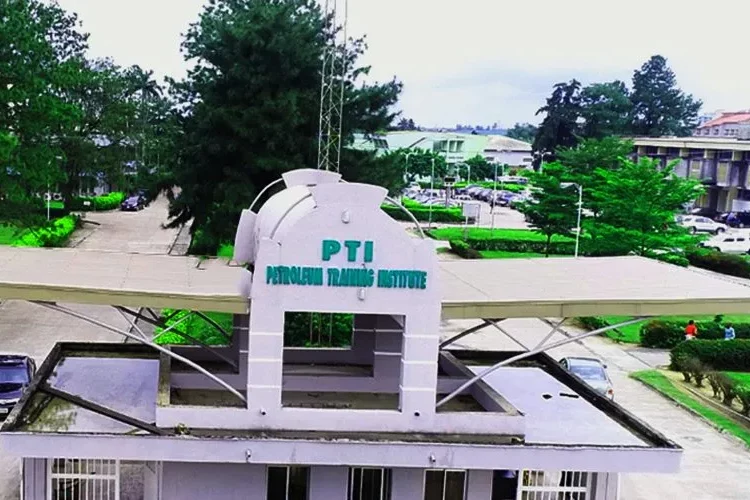With estimated losses N41.54 billion to market fires in the last two years, the Petroleum Training Institute (PTI) is set to begin a Fire Academy to boost manpower for fire fighting with a special focus on the oil and gas industry.
This is as the Nigerian National Petroleum Company (NNPC) Limited and the Institute plan to install anti-theft integrated monitoring systems on pipelines to monitor the facilities against crude oil theft.
Group chief executive officer, NNPC Limited Mele Kyari, gave the hint while speaking during the Petroleum Training Institute’s 50th Anniversary in Abuja yesterday.
Kyari said both organisations are already in talks to form collaboration on a number of things including expansion of capabilities in the areas of modern technology, energy transition, pipeline protection among others.
He said NNPC would work with the institute to deploy the technology to further boost the monitoring of NNPC’s pipelines to address crude oil theft in Nigeria.
Kyari said, “We need to produce oil and gas. We are trying to address the massive oil theft. We will overcome it, but clearly it is something we also need to work together to resolve.
Nigeria has been losing billions of dollars for several years due to the activities of pipeline vandals who steal the country’s crude massively.
“That is why I’m happy to hear the PTI coming up with solutions that will be able to monitor pipelines.”
He said the NNPC was collaborating with security agencies of the Federal Government to arrest and deter people from having access to Nigeria’s crude.
“On additional capacity for detection, we will talk with the PTI to see how we can activate those systems,” Kyari stated.
Speaking on why energy was vital for Nigeria, the NNPC boss noted that millions of Nigerians were still lacking electricity and clean cooking fuel.
Also speaking at the event, the principal/chief executive, PTI, Henry Adimula, said the Fire Academy, which commences later this month as part of events marking the 50th anniversary celebration of the PTI, will help to provide a hands-on learning experience structured to provide entrants – both individuals and students with a stable career path in fire fighting; adequately trained to take up duties at any given time and place irrespective of the type of fire and location.
According to him, Nigeria’s economy has been bleeding financially damaging from the impact of fire incidents in the oil and gas sector with estimated losses of N41.54 billion in two years.
Adimula also said that institute had developed an oil anti-theft integrated monitoring system to effectively monitor pipelines.
This, he said was one of the recent innovations of the PTI. “We’ve produced an oil anti-theft integrated monitoring system for pipeline monitoring, and an air quality monitoring systems.
Adimula cautioned that Africa should not be in a hurry to abandon oil and gas which it has massive reserves of.
“With an estimated 125 billion barrels of crude reserves and over 600tcf of gas reserves in Africa, it is our considered opinion that Africa should not hasten to abandon fossil fuel but should strive to deepen research and development of local technologies that maximise the exploitation and beneficiation of our oil and gas endowment as the reality of global demand for fossil fuel is expected to linger for the next 50 years,” he said.
He also disclosed that more than 50, 000 technologists and Technicians have been trained by the Institute since it was established in 1972.
The PTI boss explained that the primary objective of the founding fathers was to train Nigerian National in order to increase the local content in the oil and gas sector.
He added that the Institute also is engaged in research to improve the growth and development of the sector.
According to him, “in the country today over 50,000 technologists and Technicians have been trained and they are of very good use to the oil and gas industry, which reduced the rush to train offshore personnel, however, the ultimate goal is to end the training of personnel outside the country.”
“Our alumni members are not only in Nigeria but across the globe playing major roles in the management and operations in the oil and gas and allied industry.”
“Our graduates continue to be the most preferred choice for employment across sectors by virtue of the high quality, experiential learning confined on them through vigorous ing and education,” he stated.





